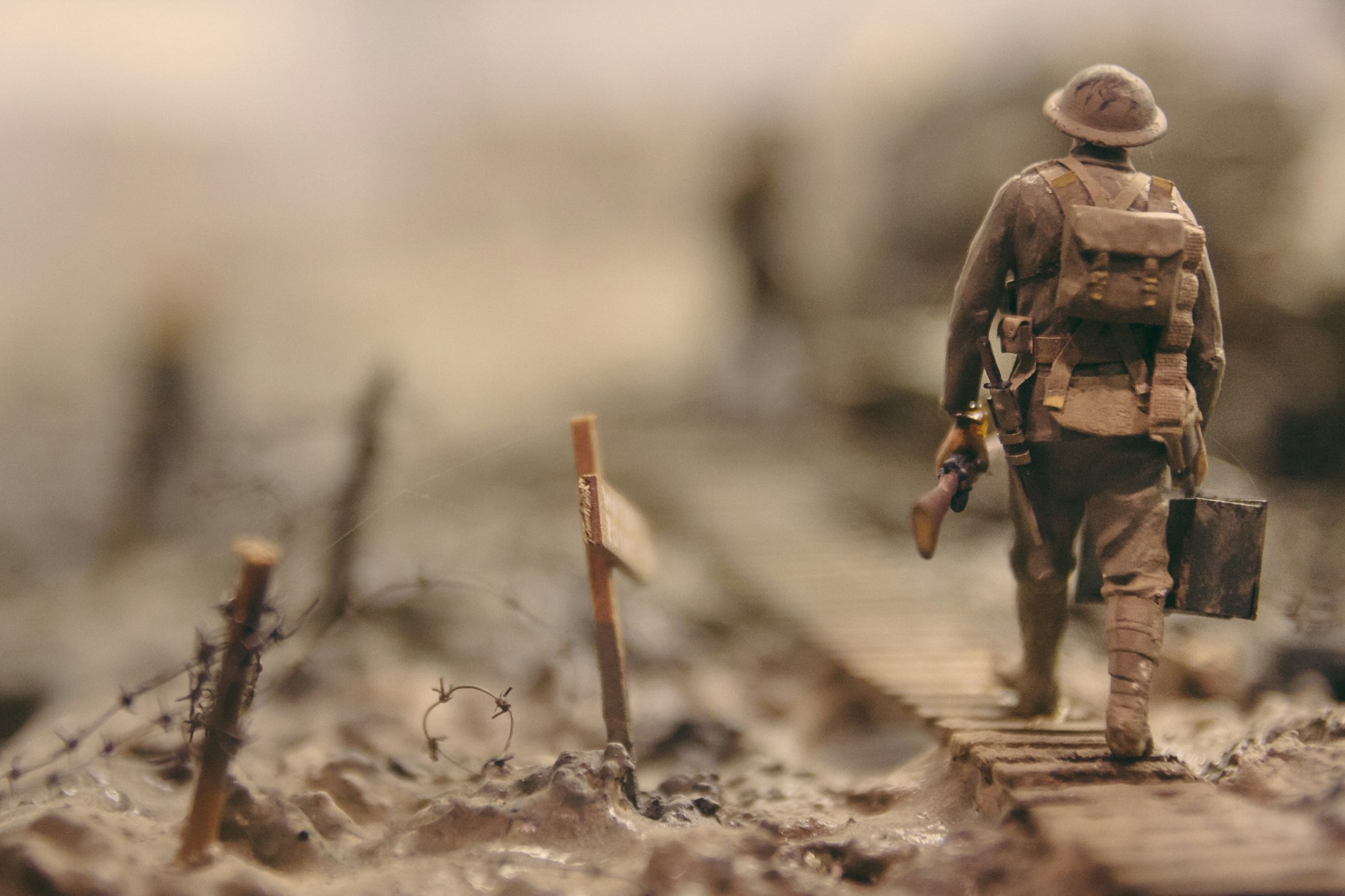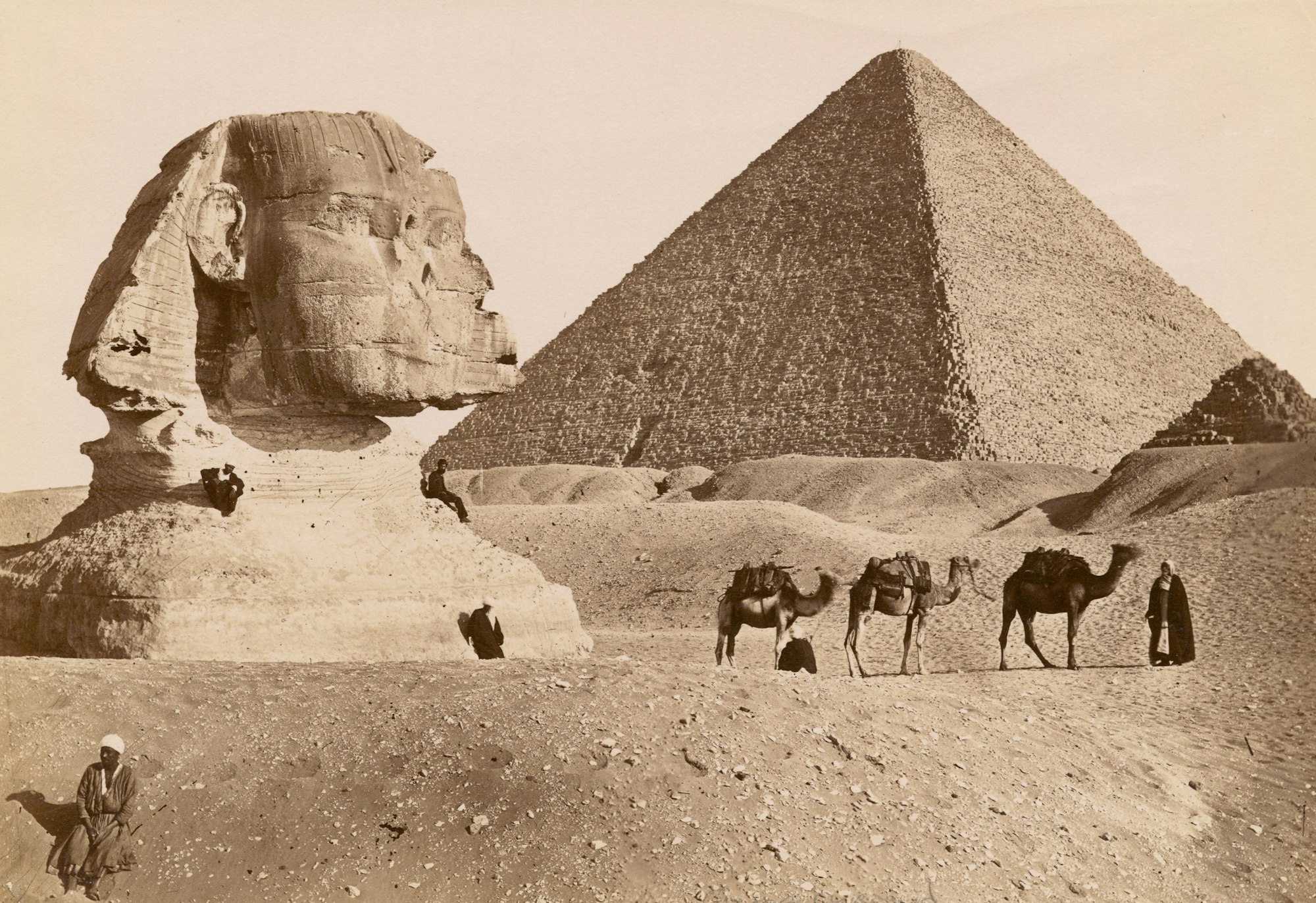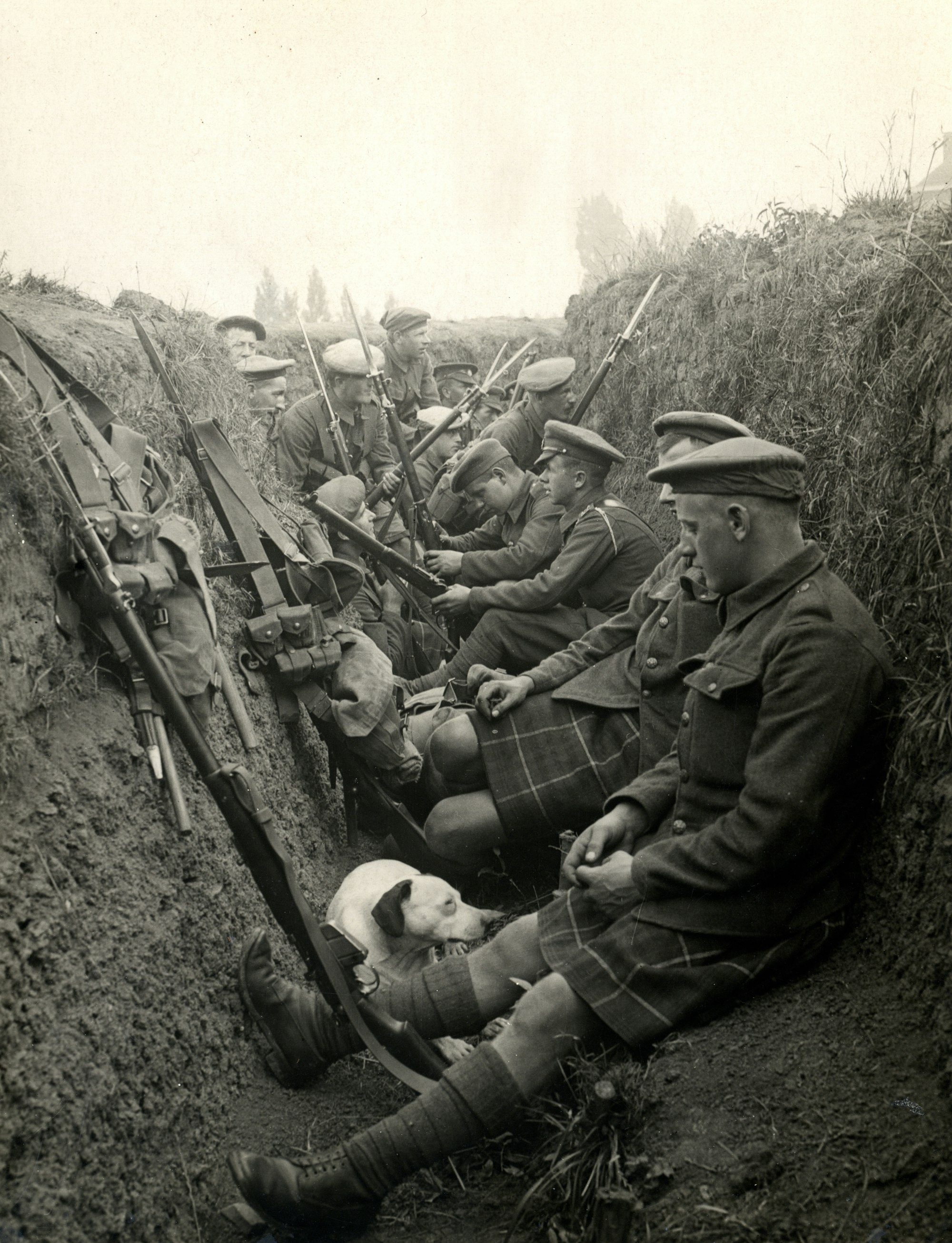What is History?

The title of this week’s edition is inspired by three things. Firstly, I am late for my deadline (again, poor Rafi). Secondly, I read a book about this and my lazy attitude - mixed with a lot of time spent doing chores for everyone in my family barring myself - means that this was the easiest topic to write about. Added bonus, I think I need inner peace with all that is going on. Thirdly, I figured this title would make a great clickbait Instagram post. So alas, ladies and gents, troglodytes and boring readers of blogs, here we are.

So why study history? Yes, I have a superiority complex, I must admit, but that is inconsequential. I, funnily enough, do not think I will save the world by studying history. I think my good looks and charming demeanour will do that, and my mother agrees sometimes. My opinion, which is obviously the right one, is that one should study history because they enjoy learning more. Some guy called Nietzsche said: ‘The falseness of an opinion is not for use any object to it… the question is how far it is life-further, life-preserving, species-preserving, perhaps species-creating’. Sounds fancy, so it must be profound. Now read it again.
Notice, at this juncture, the colloquial style of my blog, as opposed to my previous ones that brimmed with research, information and underlined my incredible academic rigour.
We all act in the context of our society: no man is individual in his own right, but a product of those who surround him. Thus, every historian approaches the past through the eyes of his society, and every event is determined by a previous one. History cannot be fully understood or appreciated because it is impossible to understand social and historical background for any time ever. Deep stuff. But, one who is most conscious of their own situation in time is most capable of transcending it in the present and in their study of the past.

So do we learn from history? Can we avoid the prejudices of the present and apply the plosive “ponderances” of the past? The answer, as derived from history, is yes. The Russian Revolution clearly learnt from the French, and the UN from the League of Nations. Things are never repeated, because we are aware of the dramatis personae of the past and their denouement - we are the forced to adapt out of fear. Yet we should not impose moral judgements on the past. We must recognise that historical context was necessary for progression, such as worker abuse in England during industrialisation and the Russian peasant throughout 90% of history.
History is the study of causes, and the historian’s job is to rank these. Or perhaps the historian’s job is futile, because history is just a flow of accidents, unable to be truly linked. History does not stop moving, it is an inevitable progressive science, as our understanding of the past constantly evolves as our own societies do. History judges those who achieved things, not those who did not, and we look back on the past based on whether these achievements are still deemed relevant. History, therefore, is merely an acknowledgement of the past in the light of the present. If you want to make history, you must be the one whose ideas worked the best, and this blog might just be that. Media empire incoming